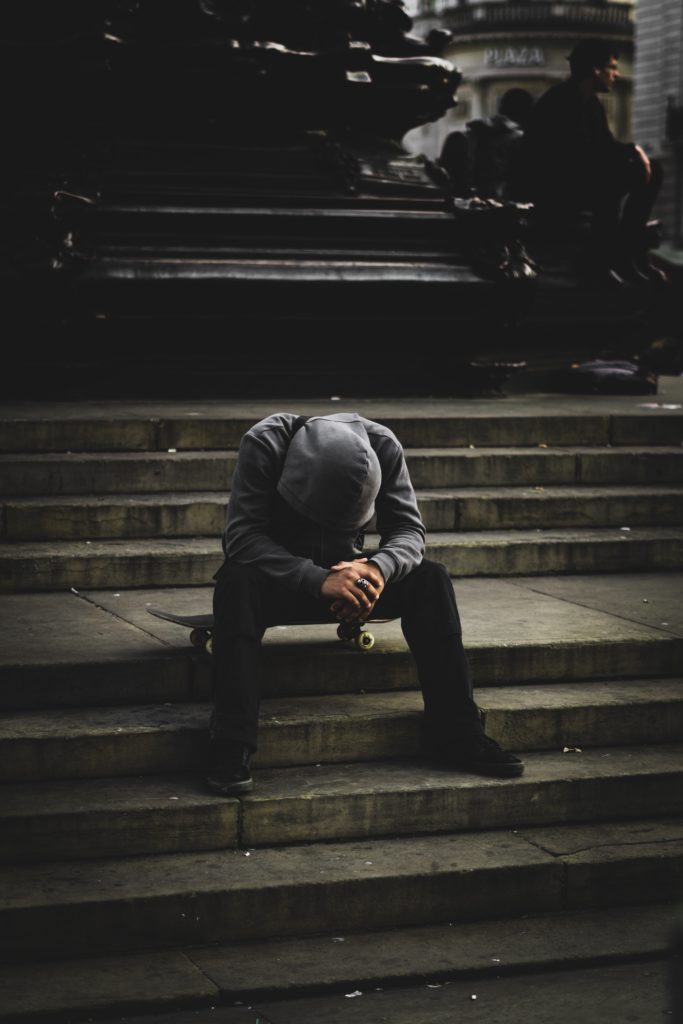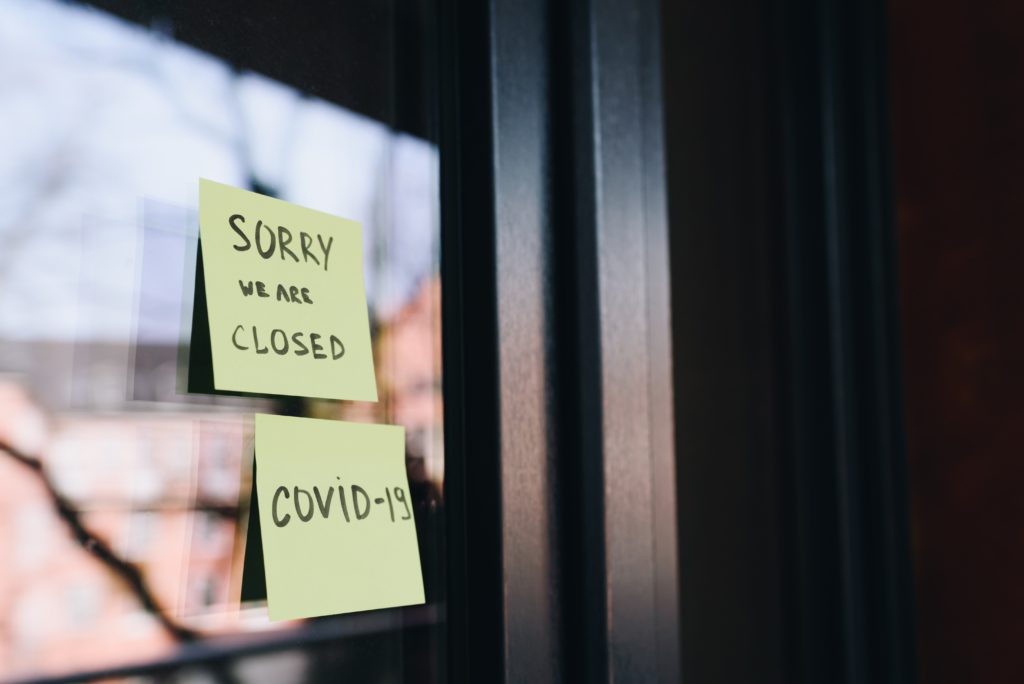Autobiographical Memory, Stress, and Coping

We all experience stressful and even traumatic events during our lives. How might storying these experiences help us understand and cope? We have been exploring relations between how people narrate stressful events and their well-being; we study both negative aspects of well-being such as depression and anxiety, and positive aspects of flourishing, such as a sense of meaning and purpose in life. Across studies with college students as well as trauma survivors, narratives that are more coherent and emotionally expressive are related to lower levels of depression and anxiety and higher levels of meaning and purpose. Perhaps the ability to create a more coherent narrative allows us to place these kinds of events in a larger life context.
Autobiographical Memory in COVID


The pandemic disrupted lives and challenged all of us. First-year college students in particular faced difficulties, with dorms closing and classes going remote in the spring, just as they were in the process of adjusting to college life. College is a time for exploration and personal growth. How did these young adults fare in an uncertain and frightening world? We began a study of student’s narratives about their COVID experiences in Spring 2020 and followed these students through graduation in Spring 2023. Students initially experienced high levels of depression and anxiety and rumination, but over the course of time, and especially as we returned to the “new normal” most students began to recover and even thrive. But there are critical individual differences that we are currently exploring.